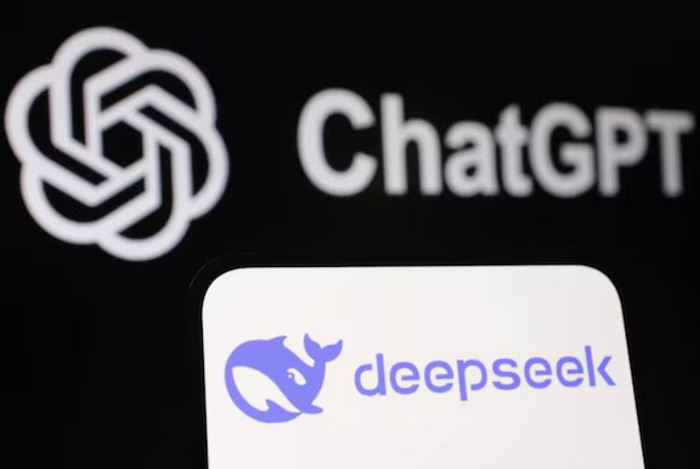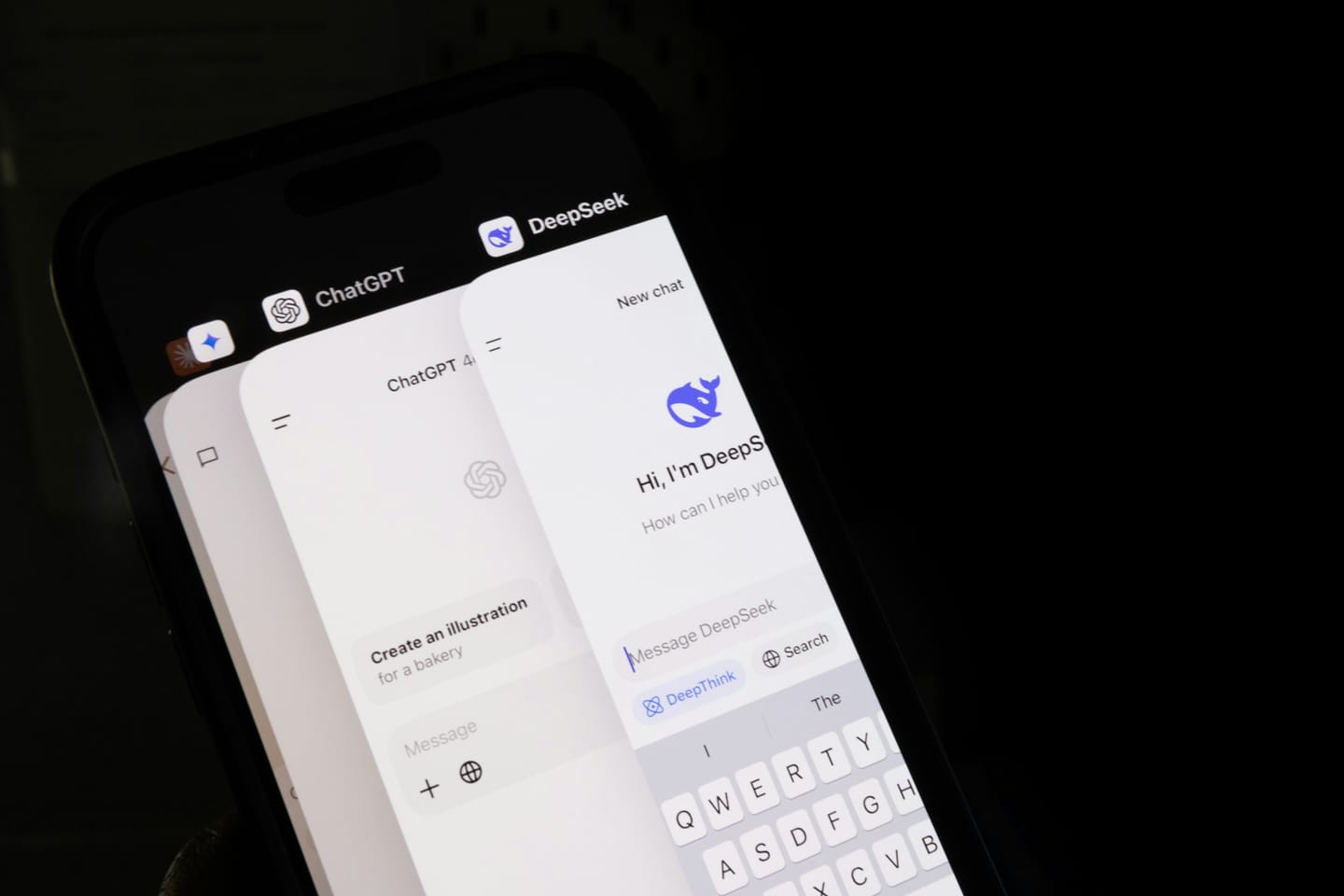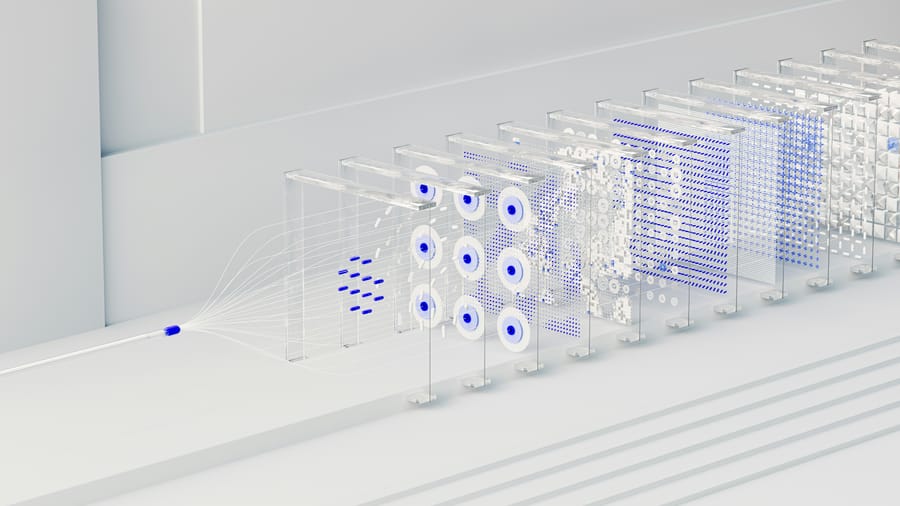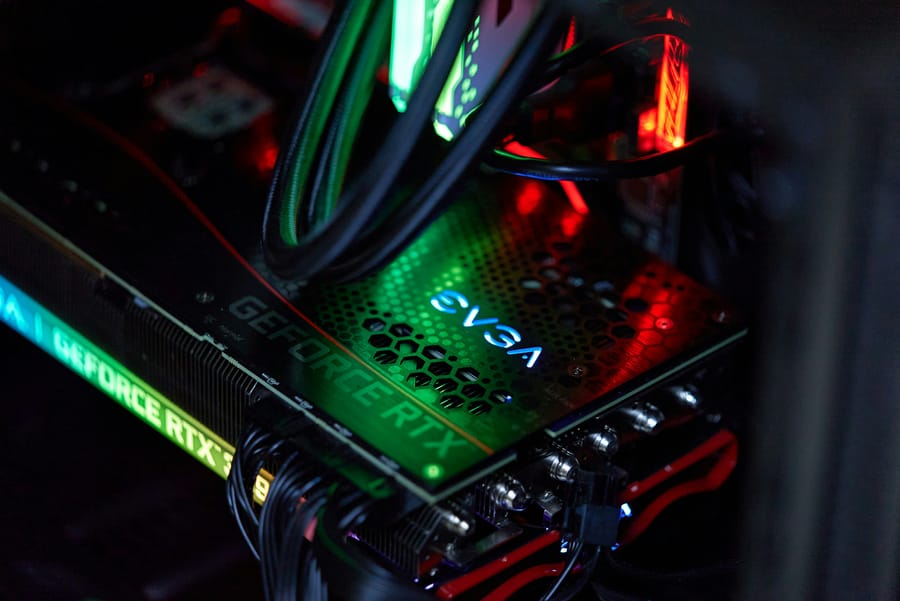Chinese artificial intelligence startup DeepSeek has shaken the global technology market after unveiling its R1 model in January 2025, which delivers performance matching American competitors at a fraction of the cost. The development was achieved for $5.6 million, compared to the American Stargate project's $500 billion budget.
DeepSeek's success is particularly remarkable in light of American chip export restrictions. The Hangzhou-based company achieved its breakthrough using less advanced H800 chips, which, according to Jeffrey Ding, a professor at George Washington University, was made possible by more efficient modelling techniques forced by the restrictions. Marc Andreessen, a venture capitalist, characterised the event as a "Sputnik moment", referring to the 1957 Soviet satellite launch that shocked the American technology sector. Sam Altman, OpenAI's chief, called DeepSeek's performance "impressive".
Experts, however, are divided on the historical significance of the event. According to technology analyst Steven Dickens, DeepSeek's cost-effectiveness is questionable, estimating that data generation alone might have cost around £75 million. US President Donald Trump evaluated the development as a "wake-up call", whilst Mark Kennedy, director of the Wilson Centre, suggested the USA might respond by intensifying chip restrictions and increasing support for domestic AI development to maintain its leading role without pushing other countries towards China.
Sources:
1.

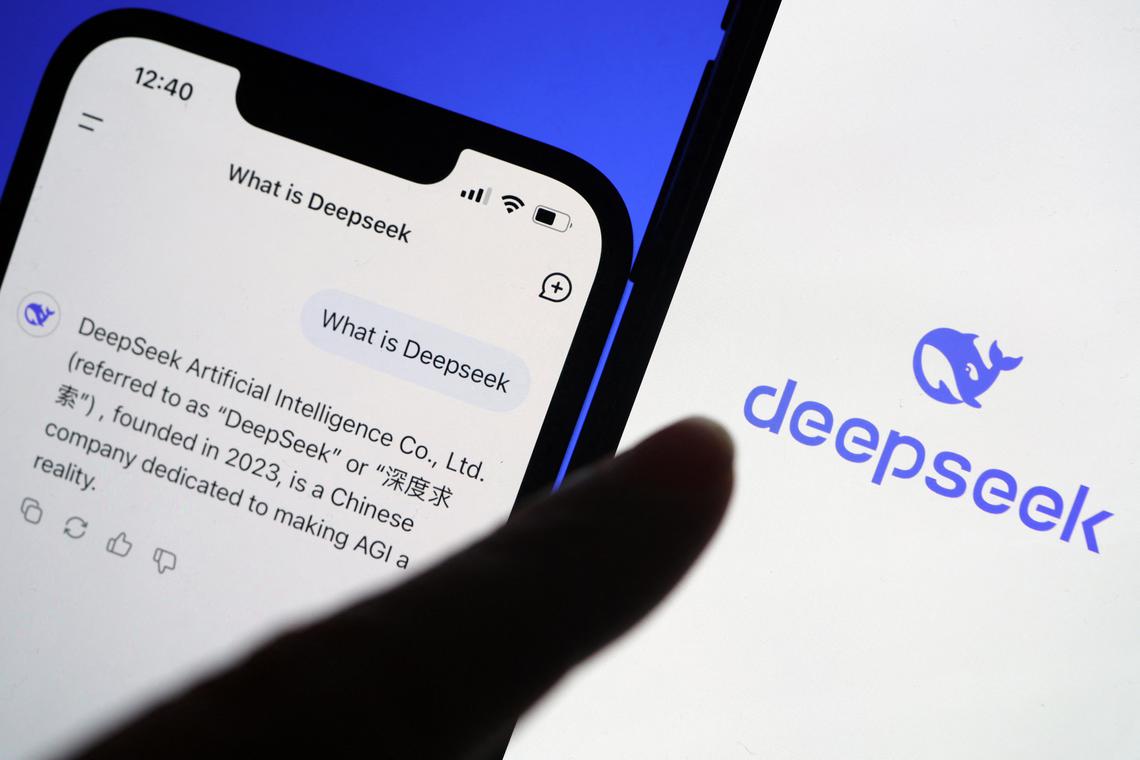
2.
